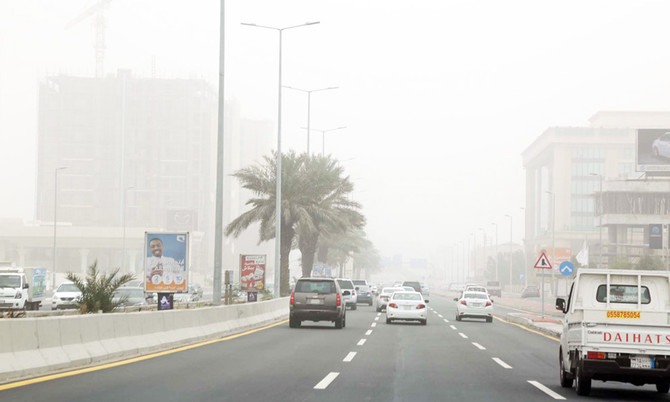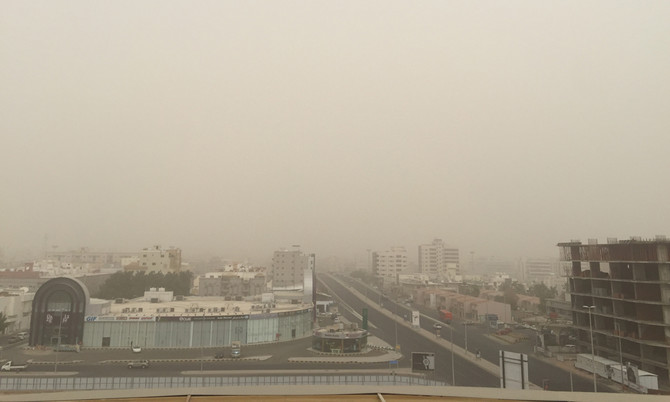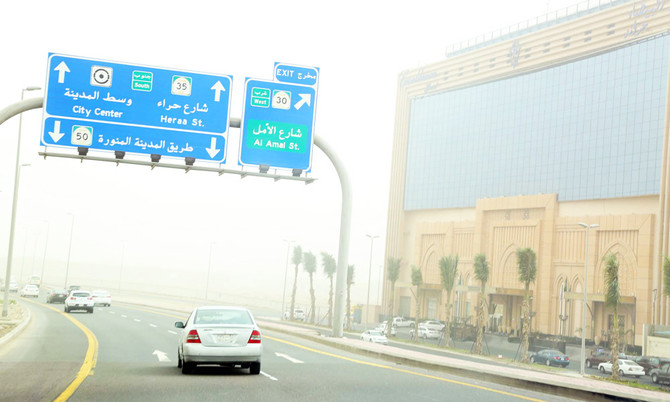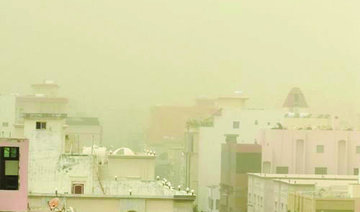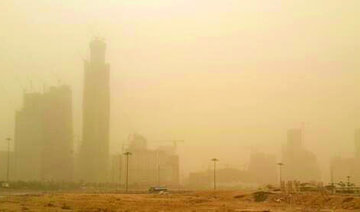RIYADH: Riyadh hosted its annual Joy Awards, bringing together stars and creative projects from across the Arab world as part of an event that has been held annually since 2022. The 2026 ceremony continued its focus on recognizing storytelling and creative work, while highlighting projects released over the past year.
As audiences anticipated the winners following the release of the nominees, awards were presented across six sectors; music, cinema, series, directors, sports and influencers. In addition to category awards, the ceremony also honored recipients of special accolades including Personality of the Year, Lifetime Achievement, and Joy Honorary awards.
Previous events have recognized Arab and international figures for their contributions to the arts, including Matthew McConaughey, who received the Personality of the Year Award in 2025.
Amid the Kingdom’s expansion of its entertainment sector — spanning film, music and sports — the Joy Awards reflected Riyadh Season’s role in hosting large-scale cultural events.
This year’s fan-favorite nominees, many of whom were Saudi nationals, were cheered on as they walked the Joy Awards’ iconic lavender carpet, where fashion once again took center stage as a key expression of the region’s evolving creative identity.
Among winners who took home the Joy Awards was Saudi 14 year old Rateel Alshehri, who won Favorite Female Influencer. Speaking to Arab News on the lavender carpet, Rateel shared her excitement towards Joy Awards:
“I’m so excited about being at Joy Awards today, it’s something I’ve been looking forward to (…) Everyone here deserves to be here.” On her beautiful sky-blue gown, Rateel shared that she was wearing Saudi designer, Adnan Akbar.
Rateel’s excitement towards the awards was echoed by both Arab and non-Arab guests on the lavender carpet as many took in the unique atmosphere that Riyadh offers Joy Awards; where Arab entertainment and art is celebrated.
Lebanese actress Laila Abdullah also shared her enthusiasm towards both the award show and the Kingdom’s ambitions in hosting the Joy Awards and creating a hub for creative voices.
Speaking to Arab News she emphasized Saudi’s unique qualities: “It’s this mix of culture and luxury (…) It has that Gulf Arab character, the Saudi touch, you know? And that’s what really makes it stand out” Joy Awards was filled with a bustling energy that was eager and excited to give a platform to dreamers, artists, and talents who have been waiting to showcase their visions within the Arab world. It was a celebration that went beyond mere award-giving, reflecting the same ambition and creative momentum that defines Riyadh Season.
The lavender carpet paved way for international guests to speak to Saudi media on how it feels to be a part of an artistic celebration of Arab talent. Speaking to Arab News, Australian actor Luke Arnold shared his excitement towards attending the Joy Awards: “What I’m most excited about is kind of what I love about film and television, which is people from all over the world coming together to tell stories and share their expertise (…) It’s really exciting hearing about some of the potential projects happening, meeting some of the local talent here…just really excited to have more stories out in the world.”
Speaking to Arab News, Lebanese fashion influencer Karen Wazen reiterated the sentiment on Riyadh giving Joy Awards a special and unique energy for the arts, saying: “I am so impressed, I’m so proud to be at an event like this in our region, in Saudi Arabia. This is probably the most impressive and big carpet that I’ve ever seen (…) I’m very excited to watch the ceremony, but also I think to just meet so many people from our industries, it’s a beautiful place to do so.”
That vibrant atmosphere was on full display at the Joy Awards as the ceremony continued with stars like Millie Bobby Brown winning the Personality of the Year Award and the Lifetime Achievement Honor presented to acting legend Forest Whitaker. The stardom was not limited to the film sector, as American pop star Katy Perry performed her iconic songs live; and British singer Robbie Williams took to stage to give a standout performance.
The Joy Awards 2026 once again proved that setting new benchmarks in entertainment and creative expression is not only achievable, but celebrated when driven by local talent and support. As stars from around the world took to Riyadh’s lavender carpet, Arab culture was placed firmly at the forefront — spanning film, music, and digital creativity. The Joy Awards stand as a symbol of the broader cultural transformation that Riyadh is championing across the Arab world’s entertainment industry.


